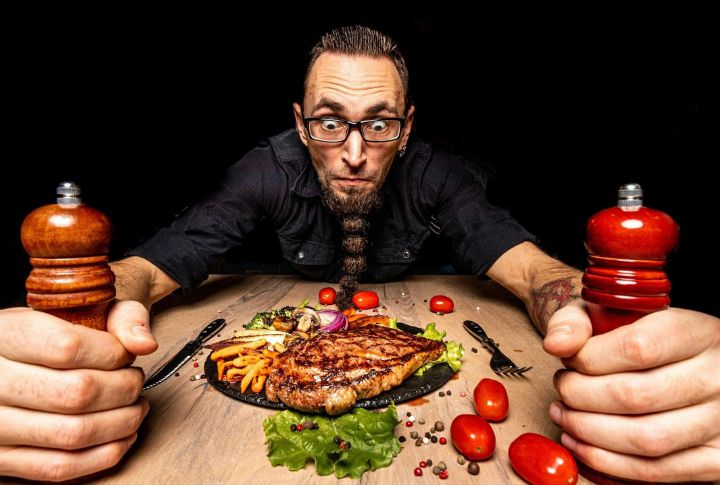
American BBQs may look like pure fun—sizzling grills, smoky flavors, and messy sauces—but a closer peek at the plate reveals a twist. Some favorites come with additives or treatments other countries have banned. Grab a napkin, pull up a chair, and let’s dig into the surprising secrets hiding in U.S. cookouts!
Ractopamine-Treated Pork Ribs
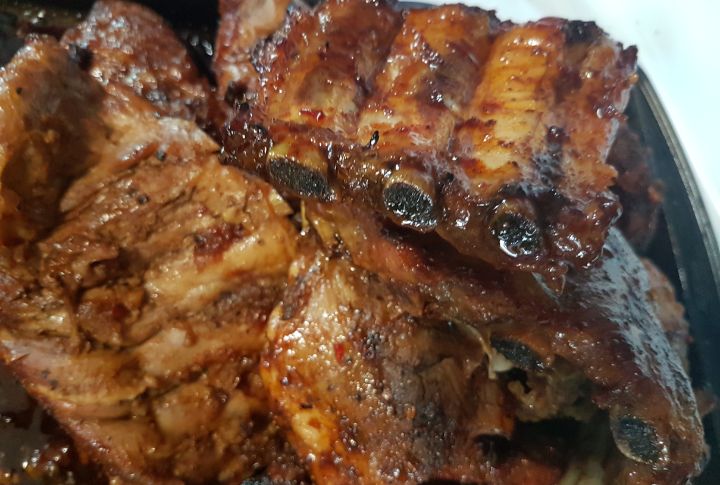
Many Americans enjoy pork ribs at summer cookouts, unaware that the meat may contain residues of ractopamine. This feed additive, which enables pigs to produce leaner meat, remains FDA-approved despite bans in over 160 other countries due to health concerns.
Fried Pickles With Artificial Dyes
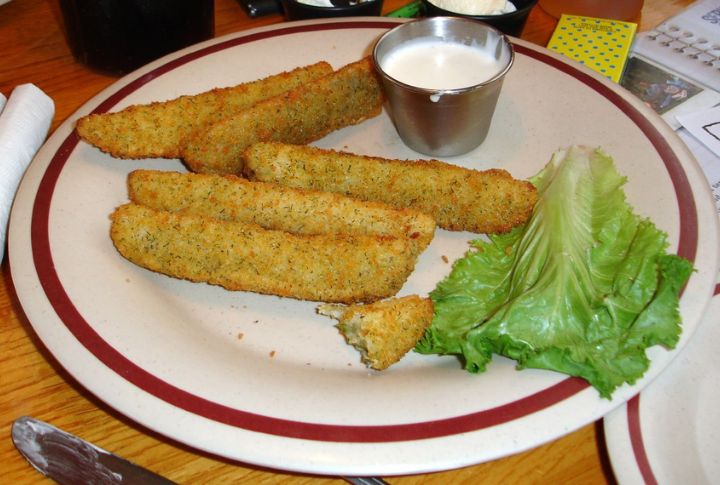
Southern BBQ traditions include battered and fried dill pickles. These golden-crispy treats remain popular at U.S. cookouts, but they contain artificial colorants. The Yellow #5 and Blue #1 dyes used in them face international scrutiny and even require warning labels in numerous countries worldwide.
Hormone-Treated Beef Brisket
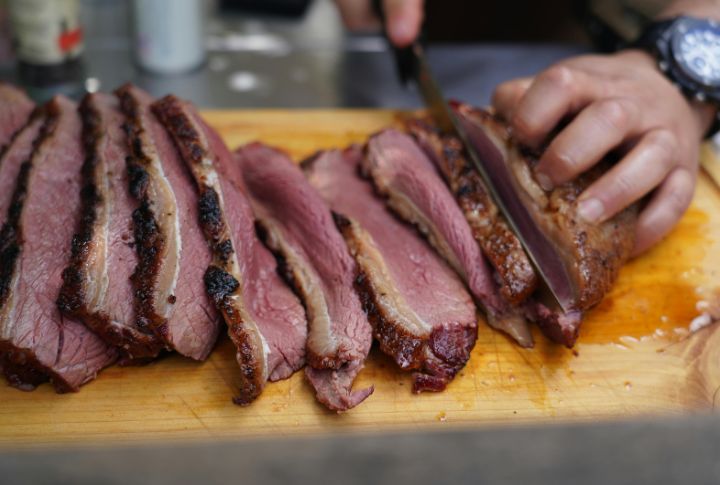
U.S. and European markets have long clashed over hormone-treated beef, particularly the brisket that is popular at American BBQs. The European Union’s 1981 ban arose from concerns about growth hormones like trenbolone and estradiol. As a result, this regulatory divide has continued to fuel persistent trade tensions between the two regions.
Artificial Dye–Loaded BBQ Sauce (Red #40, Yellow #5)
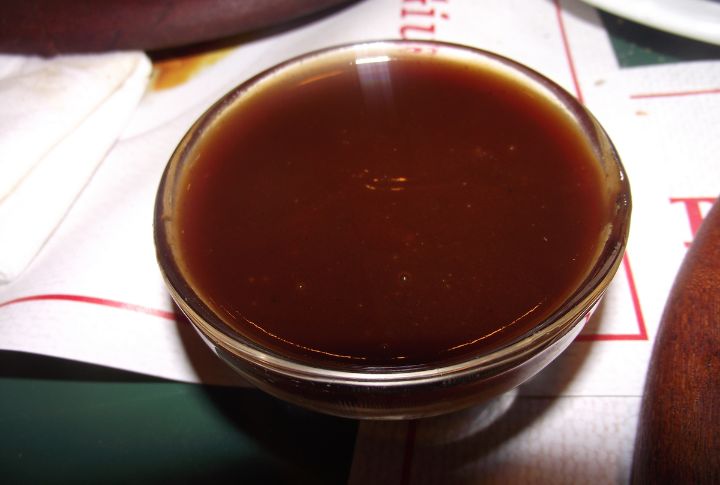
Barbecue sauce owes its bold red color to Red #40, an artificial dye in the U.S. Although legal in the U.S., several European nations restrict or ban it due to concerns that it may trigger hyperactivity or attention issues in children, which prompts stricter consumer protections abroad.
Chlorine-Washed BBQ Chicken
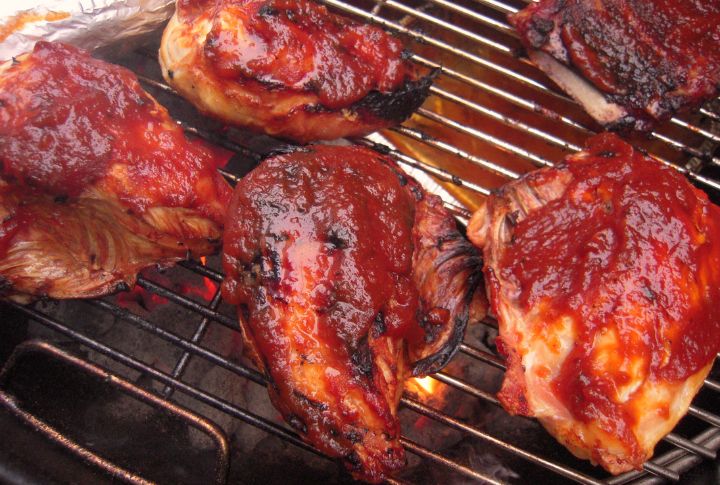
Standard U.S. poultry processing uses chlorine washing to eliminate bacteria, but this common practice faces strong opposition abroad. EU, however, maintains a firm ban on chlorinated chicken imports, citing both consumer safety and animal welfare concerns. It effectively keeps most American poultry products out of European markets.
Ranch Dressing (Titanium Dioxide)
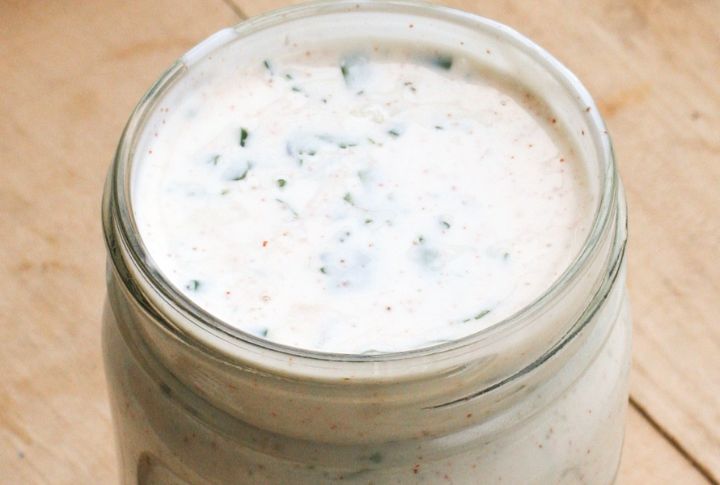
The stark white color of ranch dressing at American barbecues comes from titanium dioxide, an additive banned throughout the European Union since 2022. The same whitening agent is found in paint and sunscreen. So, due to potential carcinogenic properties, it faces ongoing scrutiny.
Cornbread Made With Potassium Bromate Flour

The golden squares of cornbread served at American BBQs might contain a controversial ingredient. While Canada and the European Union prohibit potassium bromate in flour, American bakeries are still legally using it. Some artisan bakeries now specifically promote bromate-free alternatives.
Grilled Hot Dogs With Sodium Nitrite
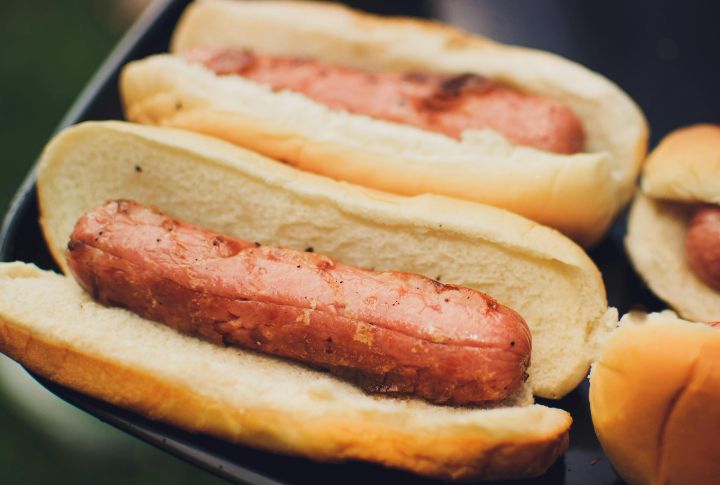
Sodium nitrite is widely used in American hot dogs as a preservative and to keep their signature pink color even after grilling. European regulators have heavily restricted its use due to potential cancer risks. In response, some U.S. brands now offer nitrite-free versions preserved naturally with celery powder.
Pulled Pork With Liquid Smoke Flavoring
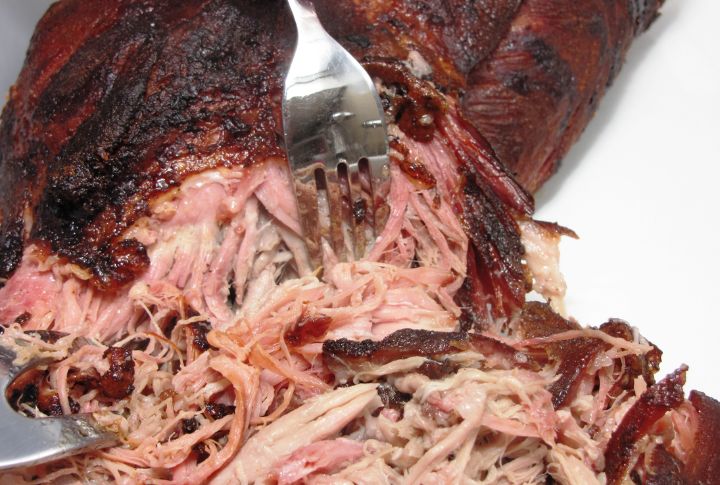
The beloved pulled pork served at American BBQs contains liquid smoke, created by condensing wood smoke into water. Although this convenient shortcut helps replicate hours of traditional smoking, several European nations restrict or ban certain liquid smoke products due to potential carcinogenic compounds. Warning labels are required in some countries.
Grilled Corn On The Cob (GMO/Glyphosate Residues)
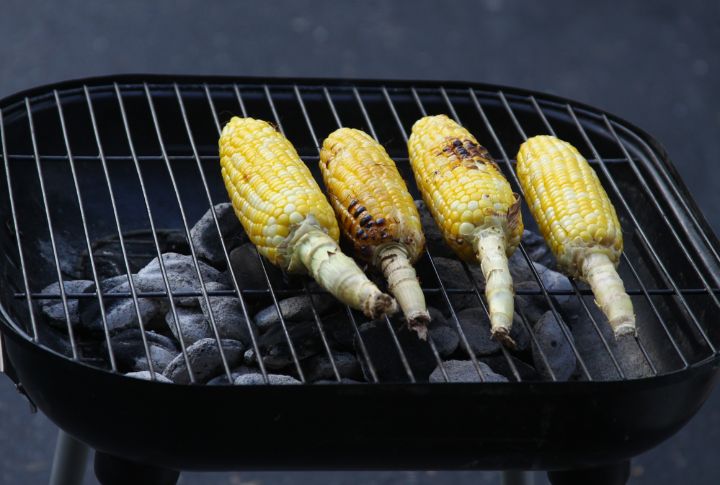
The classic American BBQ staple of grilled corn faces strict regulations abroad due to widespread genetic modification and pesticide use. Over 90 million acres of U.S. corn received glyphosate treatments in 2022, while dozens of countries prohibit the use of these modified crops. Atrazine, another common U.S. corn pesticide, remains banned in over 60 nations worldwide.

